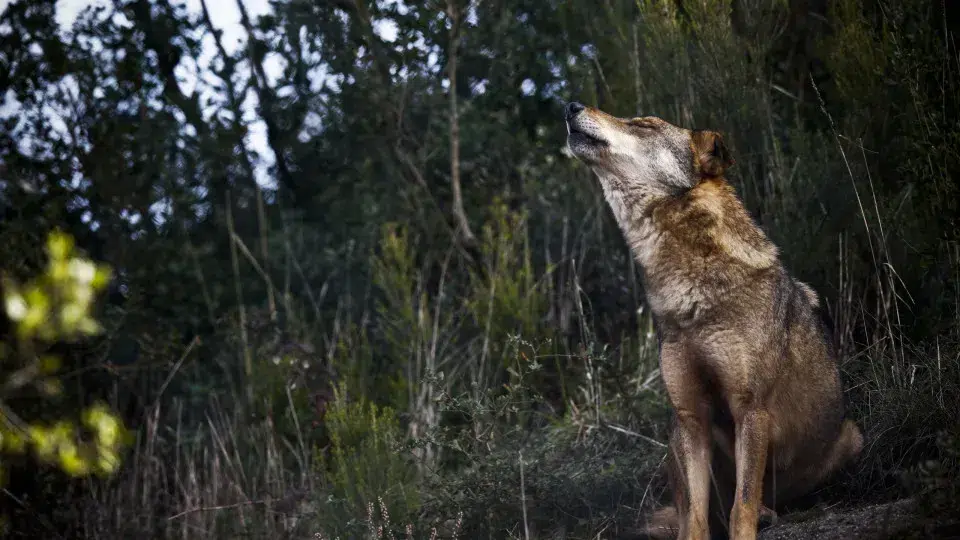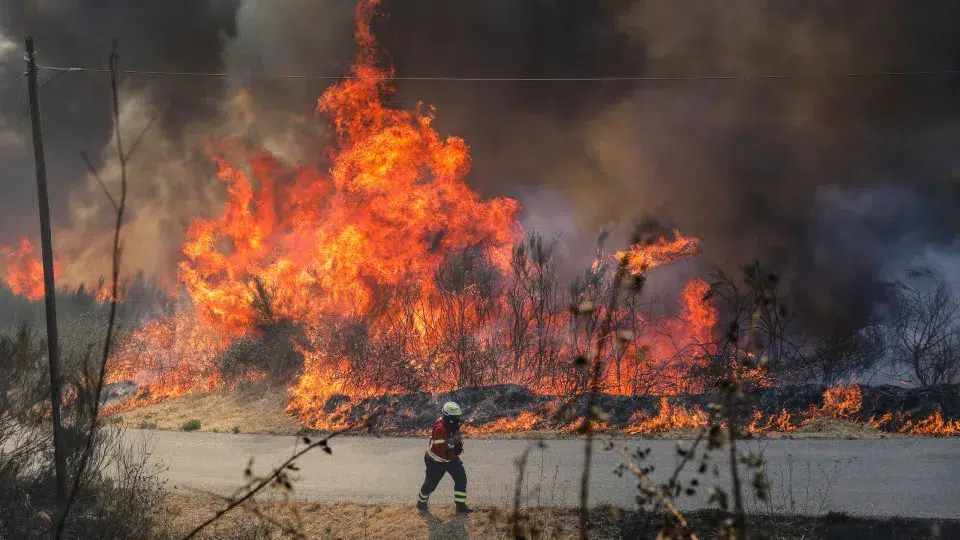
In the border region of Miranda do Douro, located in the Bragança district, three wolf attacks have been reported in recent weeks. The attacks, occurring in the villages of Malhadas, Fonte Ladrão, and Genísio, resulted in the deaths of several dozen animals and inflicted severe injuries on others.
Andrea Cortinhas stated that wolves attack when there is a scarcity of food and they are hungry. “Wolves target livestock operations when animals are penned, and they attack primarily to incapacitate the animals rather than to eat them immediately,” she explained. “If they cannot eat calmly, they will continue attacking due to instinct.”
Cortinhas added, “When animals are injured, it might not be with intent to kill but because they are moving.” She further noted that if the wolves can kill, they return later to feed, although herders often detect the attacks, resulting in damage to pastures and enclosures.
The fires on both sides of the border between Nordeste Transmontano and the Spanish province of Castile and León have led to food shortages, causing wolves to attack areas near villages with sheep or other small animals, according to Cortinhas. “There haven’t been this many wolf attacks in years, and this could be due to the environmental damage from fires. Previously, attacks were sporadic with fewer animal casualties. Now, the frequent attacks with numerous animals injured or killed are alarming herders,” she indicated.
The secretary of the National Association of Churra Mirandesa Sheep Breeders explained that while herders have livestock dogs and some have installed fences, the wolves continue to overcome these barriers.
José Pereira, a biologist and president of the Nature Conservation Association—Palombar, believes that wolves are strongly loyal to their pack’s territory. “Even after a fire, wolves tend to return to their territory, even if it’s away from villages,” he said.
However, Pereira noted that food scarcity forces wolves to roam further and more widely in search of sustenance. He also remarked that there hasn’t been as many wolf attacks in the past decade due to the disappearance of historical packs in these border territories. “Now, new individuals are occupying these areas to reproduce. This might be what’s happening,” he emphasized.
Pereira pointed out the loss of traditional herd management practices, such as herders always being present, leading to increased wolf attacks. He insisted that finding solutions for peaceful coexistence between humans and wolves is essential.
The Lusa news agency has contacted the Institute for the Conservation of Nature and Forests (ICNF) and awaits a response.




